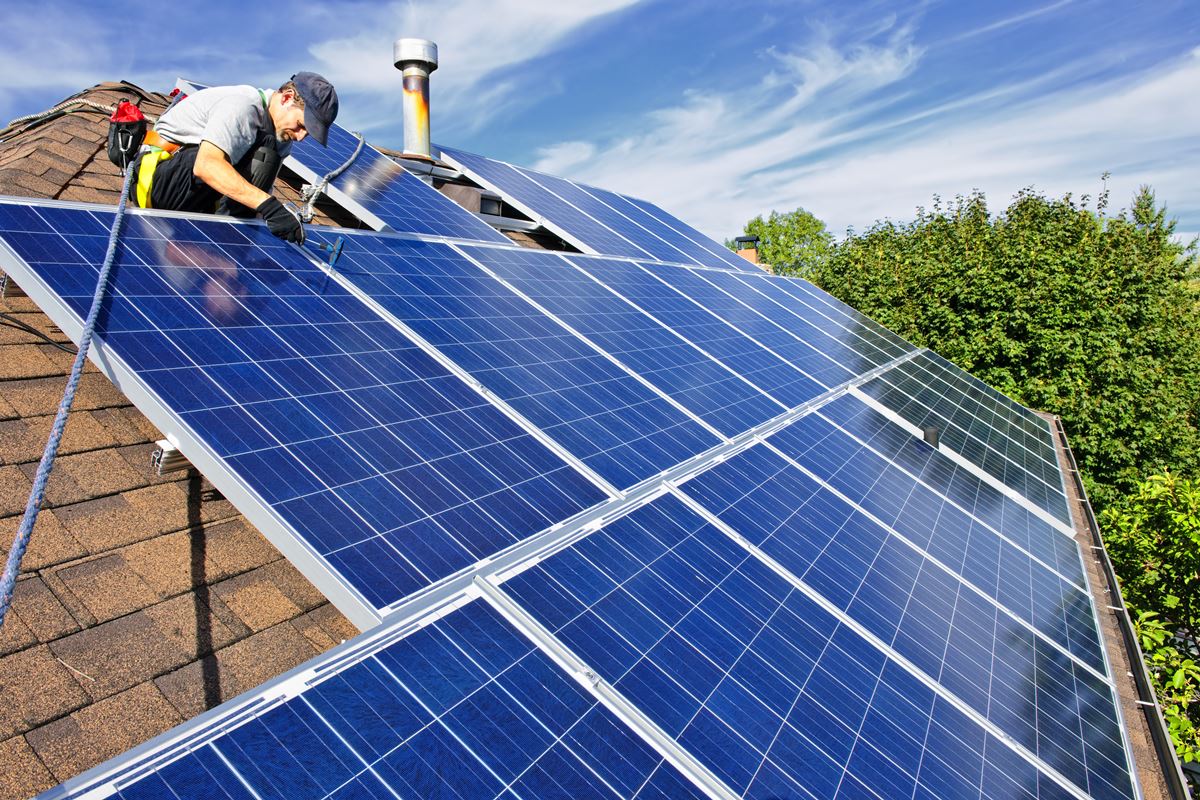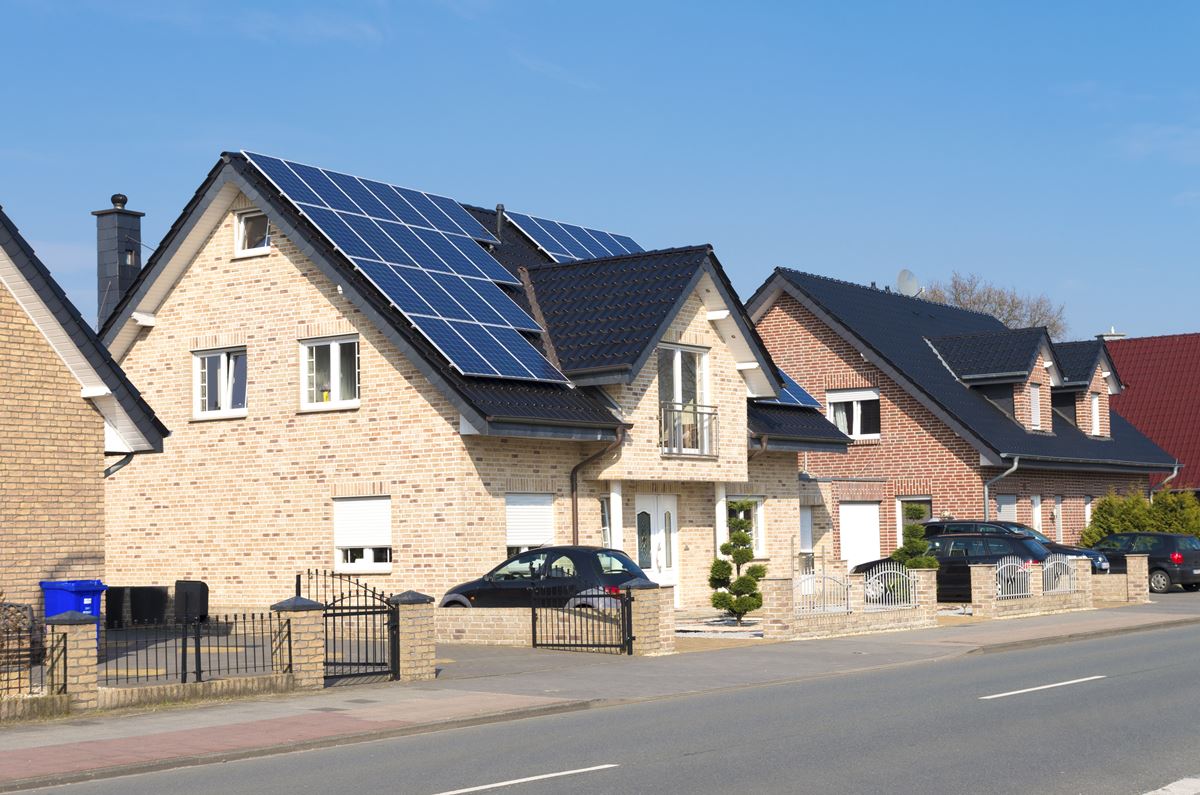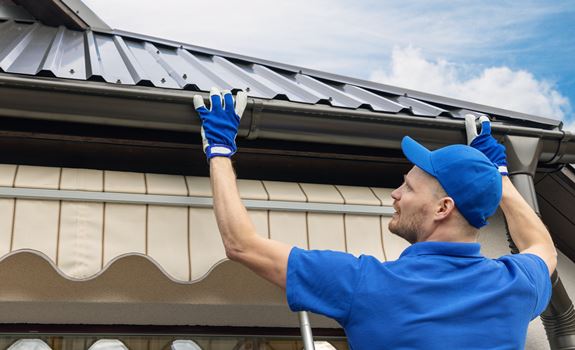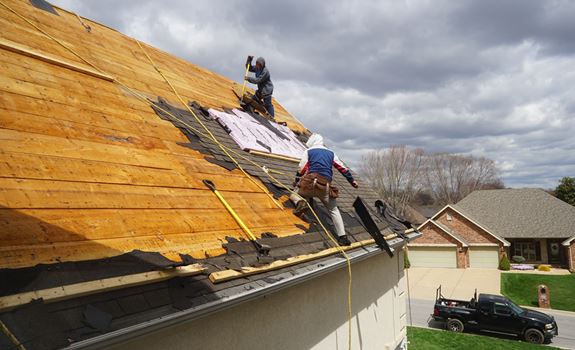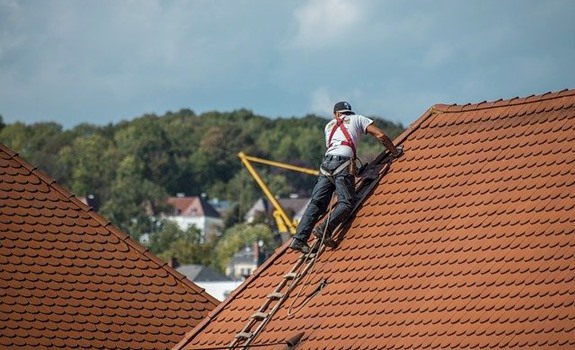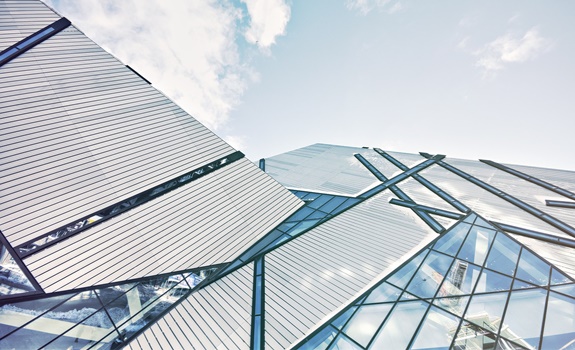Solar power is no longer a new technology in the world. Government parastatals, businesses, and even homes are switching to this alternative power source. It’s further heightened by the global need to achieve environmental sustainability, mitigating climate change.
Many considerations go into solar panel installation, from issues bordering on the geographical setting of your house to your needs and budget. Other considerations are roof requirements, permits, and your residential duration in the building.
While all these issues are essential, it’s more important to know if your roof is safe for solar panel installation or not. So, if you’ve been wondering about that, this post shows you all you need to know about your roof condition and solar panel installation.
What Is Rooftop Solar Panel Installation?
Also known as rooftop PV is a form of residential solar energy systems. It works through photovoltaic (VP) solar systems mounted on the roof. Such systems are made of photovoltaic modules, cables, and mounting systems. These systems are made to generate power using the light energy they get from the sun. With this kind of power source, issues like air pollution are reduced because they don’t emit harmful chemicals.
How Do You Know If Your Roof Is Safe?
Knowing when your roof is safe for solar panel installation is not rocket science, as there are signs you should look out for and questions to answer. Some of the things to know include:
Is Your Roof Slope Facing the Right Direction?
A solar panel installation may work irrespective of whether your roof faces west or east. But experts advise that your roof face south to enable the solar panel to work effectively. For example, suppose your house is in Florida, New Mexico, Texas, Arizona or other sunny countries, and your roof faces south. This allows the solar panel to develop a sound power level. The effectiveness that’s meant here is the level of power generated from the panel.
What Material Is Your Roof Made Of?
Wood, glass, and thatch roofs are not recommended for solar panel installations. Wood and thatch roofs are vulnerable to fire ignition. And a glass (though not all) can barely carry the weight of the panels. On the other hand, the roof choices you should be looking out for include tar, asphalt, metal, and gravel.
Are There Trees or Buildings Casting Shade on Your Roof?
Maybe your house is a story building, and there are three to four-story building erections around it. Or some trees are taller than your house. You may have to rethink a rooftop panel installation option. Why? If there are shade casts on your roof for a prolonged period, your solar panel will not be able to generate enough power. You may have to get an expert to measure the effect of shades on your roof. Since distance might affect the impact of shades, so before you give up, get an expert to run a test. Alternatively, you should consider building-integrated photovoltaics (BIPV).
Is Your Roof in a Good Condition?
If you can’t make this analysis accurately by yourself, please get an expert. What the expert will look out for includes the presence of holes and deterioration both in the wood and roofing material used. Though solar panels don’t weigh that much, installing them on a weak roof may result in unfavorable incidents like the roof breaking down in the process of installation. If the analysis shows that your roof needs repair or replacement, please do the needful before installation begins.
What’s the Condition of Your Attic?
You may also need expert assistance in analyzing the condition of your roof’s attic. If the attic is terrible, then the whole roof is in danger because they depend on the attic to an extent.
Will Your Rooftop Water Drainage System Be Affected?
Assuming anything happens in the process of solar panel installation that affects your rooftop water drainage system, you’d have to uninstall the solar panel to repair the roof. But that’d cost you a lot. Ensure the panel installation team observes your drainage system and devises a work strategy that won’t affect it.
Can Your Roof Remain Strong for the Next 25 Years?
While your roof may be in good condition now, can it carry you through the following 25 years? Installing a solar panel on a roof that can only endure for the next five years is another home expense waiting for you. If the roof breaks down, your solar panels may break down too.
Conclusion
There are a lot of roof analyses or tests that a roof is put through to ensure it’s safe for the task of bedding a solar panel. These assessments include the direction and situation of your roof, use of material, durability, and dependence on other factors such as your rooftop drainage system. It’d help to look closely into each element comprehensively before your roof is deemed safe for solar panel installation.
Published in: Home advice | Author: Lynn



